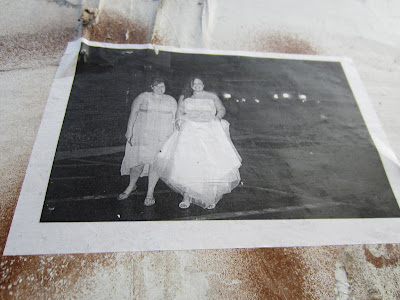Work continues in the former rat-infested lot on East First Street near Second Avenue where, starting in August, the BMW Guggenheim Lab will open as "as an urban think tank and mobile laboratory."
As the news releases goes, "the BMW Guggenheim Lab will explore issues confronting contemporary cities and provide a public place and online forum for sharing ideas and practical solutions."
Meanwhile, more leaders on East First Street are continuing to question the Lab's benefits to the local community. For instance, according to one local restaurant owner, the Guggenheim selected
Roberta's, a Brooklyn-based restaurant, to hold the food contract at the Lab's outdoor café. In turn, Guggenheim officials have asked what kinds of
free programming East First Street businesses could provide to the Guggenheim.
While local leaders support the rat-reduction efforts in the long-empty lot, the insult to the dignity, sustainability and history of the community is bothersome. Here are more points from a letter to local leaders by Lyn Pentecost, executive director of
The Lower Eastside Girls Club on East First Street. (This is a shorter version of the original letter.)
It takes great chutzpah for an uptown museum and a high-end car company to promote community sustainability at the expense of...well, community and sustainability!
As they say in their press release: "The theme for the inaugural BMW Guggenheim Lab will be Confronting Comfort: The City and You — how urban environments can be made more responsive to people's needs, how people can feel at ease in an urban environment, and how to find a balance between notions of modern comfort and the urgent need for environmental responsibility and sustainability."
And yet First Street was chosen as the location for this "urban experiment" precisely because we have addressed many of the problems the brains behind the Guggenheim/BMW lab have newly discovered. We already have a strong and viable community structure in place! One that residents have spent the past 30 years cultivating and nourishing. We have at least a dozen tenant-owned coops and homesteads, heavily used recreational facilities: handball court and playground, a wonderful community garden, the historic Catholic Worker house, and many mom-and-pop galleries, restaurants and small businesses. Was there really no need to 're-think' and study the critical problems of, say, urban Bushwick or any other community lacking the organization and amenities of the newly gentrified/touristified LES?
To add insult to injury, the main entrance to our new community center/think tank has been placed on Houston Street. Right across from Whole Foods, and will host a lovely outdoor café in the just finished Parks Department garden. It is highly unlikely that our small businesses and organizations will benefit from this expression of urban caring. The only impediment to the beauty of this scenario was the homeless bicycle repair man who has provided a valuable entrepreneurial service on the NE corner of 2nd Ave and Houston St. for a number of years. A few weeks ago, the Parks Department had his entire tool pushcart confiscated and dumped into a sanitation truck.
Forgive my outrage — but am I the only one who sees the irony/tragedy in both ruining a man’s livelihood and making it more difficult for bicyclers to bike the city. How sustainable is that? But why would BMW (or an art museum for that matter) care? They are a car company, and this is a huge PR opportunity for all involved!
Previously on EV Grieve:
The Guggenheim wants our rat-infested First Street lot
Residents pitching in to help refurbish First Street garden
Designs for urban life apparently don't include trees






































